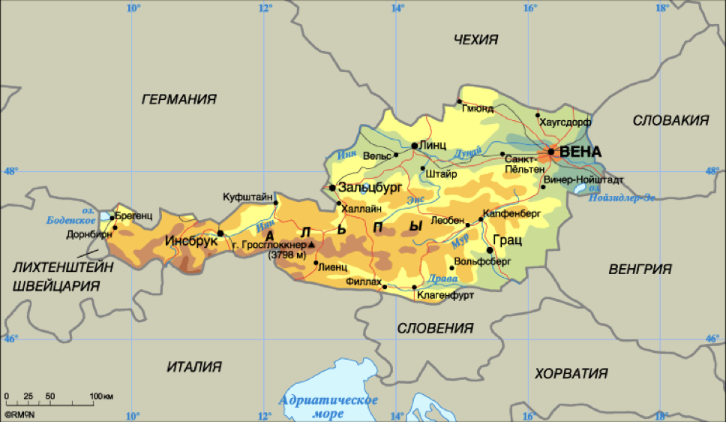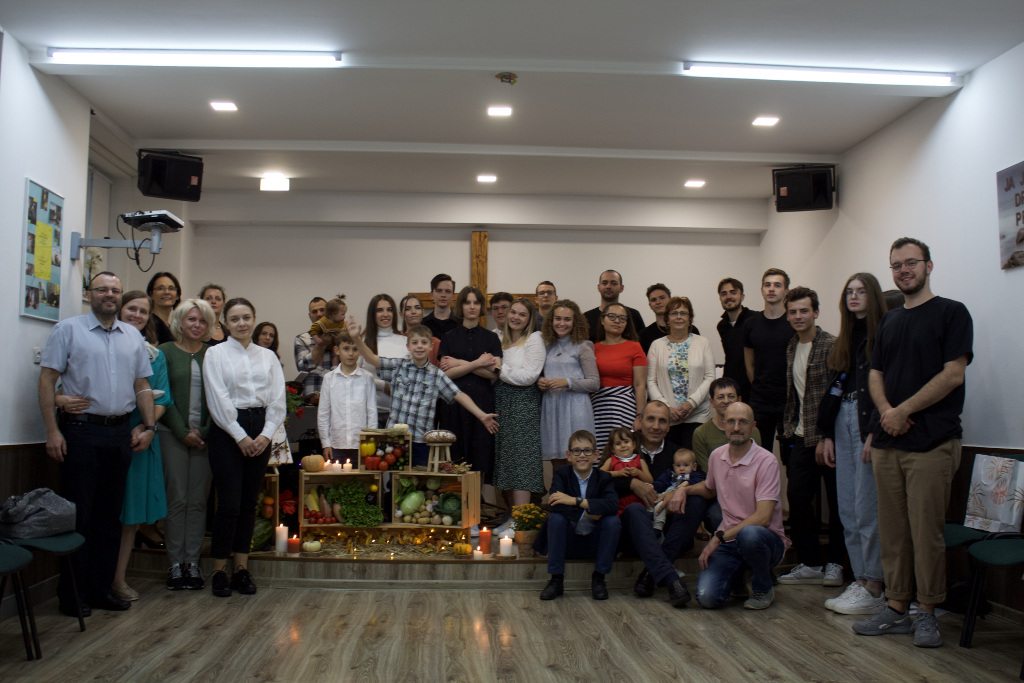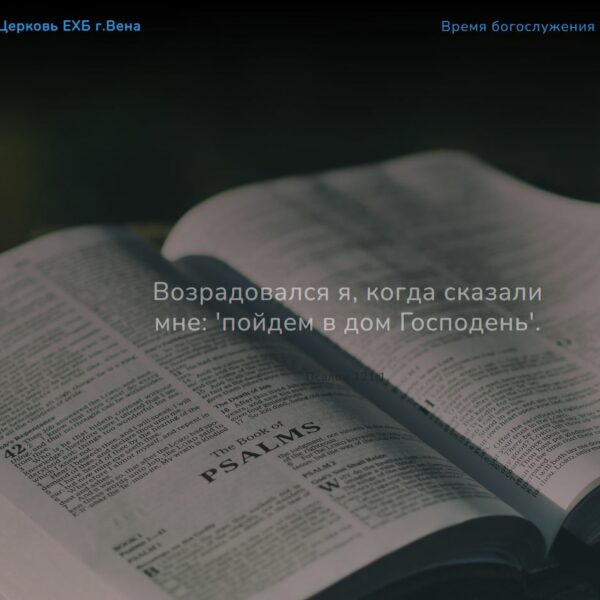
- Total churches: 5 Denominations:
- Евангельские христиане, ЕХБ(1), ЕХБ(2), ХВЕ(1), Христиане Веры Евангельской (ХВЕ)(1)
- Membership: 10 (The number is not exact; not all churches reported the number of members.)
Gertrude-Wondrack-Platz 4
"Путь Жизни" Евангельская Церковь Вены
Mollardgasse 35
Церковь Ekklesia ЕХБ г.Вена
Maculangasse 9
Церковь Христиан Веры Евангельской (ХВЕ) "Елим"

A brief word about Austria
Austria is a small country in the center of Europe.
The name of the country translates from German as “Eastern Kingdom”.
The history of the fall of the so-called Holy Roman Empire at the beginning of the 19th century, the beginning of World War I and the beginning of World War II are closely intertwined in the life and history of Austria, which was the Austro-Hungarian Empire until the end of the First World War.
Having lost much of its territory in the two world wars, Austria is now a small Alpine republic of about 8.7 million people, which gained its independence in 1955.
The rich cultural heritage of the republic, rapid economic growth, developed social system, mild climatic conditions, security and high standard of living make the country attractive for both migrants and tourists.
Some statistics
The majority of the republic’s population is Catholic.
Currently, the Catholic Church is rapidly losing its influence.
In 2001, 73.6% of the population classified themselves as Catholics, and in 2018 the number has decreased to 56.9%.
The same dynamics are observed in the Lutheran and Reformed churches.
The number of members decreased from 4.7% in 2001 to 3.3% in 2018.
The number of Orthodox Christians in the country, however, increased to 8% mainly due to labor migrants from Romania and other EU countries.
At the same time, the number of Muslims increased, from 4.2% in 2001 to 7.9% in 2018.
Right-wing, anti-immigrant and anti-Muslim sentiments are on the rise in the country due to the refugee crisis in 2015.
According to recent statistics, Austria ranks 24th out of 34 European countries in terms of religiosity: 13% believe in God, with 8% of the population praying daily, 12% of the population claim that religion plays an important role in their lives, with 30% attending church services at least once a month.
Austria thus represents a large field for missionary activity.

Russian speakers in Austria
Russian-speaking migration to Europe has a history.
At the beginning of the 20th century, the outcome of World War I saw the fall of four empires, including the Russian and Austro-Hungarian empires.
Russia experienced the Bolshevik Revolution, which triggered a significant wave of Russian-speaking migration to Europe.
Tellingly, the father of Austria’s current president, Alexander Van der Bellen, was forced to leave his homeland, Russia, during the war effort.
The redivision of Europe after World War II and especially the collapse of the USSR caused new flows of Russian-speaking migration, mainly to the European Union, the United States and Israel.
In the 1970s, several thousand Bukhara Jews stopped in Vienna on their way to Israel.
In the 1990s, the flow of refugees from Chechnya increased due to the two Chechen wars.
The next wave of migration occurred after the events in Crimea and Eastern Ukraine.
After the opening of visa-free travel for citizens of Moldova, Ukraine and Georgia, there has also been an increase in the number of Russian speakers in Austria.
As a result of several waves of Russian-speaking migration, brain drain from the former Soviet Union (students, scientists, doctors, engineers), capital drain (including influential post-Soviet oligarchs), labor force (workers, nannies, educators), and marriage migration, Austria has a large and diverse Russian-speaking community of up to 200,000 people, according to expert estimates.
Russian speech is often heard on the streets of Vienna and other Austrian cities.
Evangelical movement in Austria
Until recently, the German-speaking evangelical movement in Austria was small and not nationally recognized.
In 2013, five evangelical unions established the Free Church Association of Austria(FKÖ).
It consists of about 170 churches and more than 20,000 members.
The state recognition of the FKÖ has allowed evangelicals to offer religion classes in public schools and has opened up a number of other opportunities for public ministry.
Little is known about the existence of Russian-speaking groups in Austria before 2010.
Between 2010 and 2019, small groups of Russian-speaking believers of different denominations began to emerge in different parts of Austria.
As part of the Russian-speaking Evangelical Church movement in Europe, a Russian-speaking Christian group was founded in 2013 at the Austrian Baptist Church on Mollardgasse in Vienna through the efforts and support of mainly Russian-speaking Evangelical congregations from the nearby Czech Republic.
In 2016, at the initiative of the leadership of the Union of Evangelical Churches of Austria(BEG), the planting of the Russian-speaking Evangelical Church of Vienna was realized on the basis of the Polish Evangelical Church in Kriechubergasse with the support of the TCM Institute. In 2018, representatives of the leadership of the BEG Austria, the Ukrainian Baptist Church and the Russian RS Baptist Church held a joint worship service with ordination to pastoral ministry. The core value and cornerstone of the congregation is Jesus Christ. His Great Commandment (Mark 12:28-34) and Great Commission (Matthew 28:18-20) shape the identity of the church, defining the culture and practices of ministry.
Various ministries are being developed in the church: children’s ministry, music ministry, and youth ministry. Discipleship is an integral part of the life of the evangelical church. Regular evangelizations are held to reach Russian speakers with the Gospel.
In 2020, the Russian-speaking Evangelical Church of Vienna received state registration with the Ministry of Worship as an official Russian-speaking Evangelical congregation in the territory of the Republic of Austria.

A Russian-speaking population of 200,000 is a large field for missionary activity. Austria has several major cities with significant populations: Vienna, Graz, Linz, Innsbruck, Klagenfurt, St. Pölten and Salzburg. There are evangelical “islands” in Vienna, Linz and Enns. The existence of groups in other Austrian cities is unknown.
What is the best way to serve in Austria?
Regular prayer for the revival and repentance of Russian speakers in Austria.
Regular prayer for the already existing evangelical “hotbeds” in Austria.
Short-term missions. Developed Russian-speaking churches in the Czech Republic and Germany, as well as churches in Ukraine, Belarus, and Moldova, can send missionaries for social, educational, and evangelistic projects.
Long-term mission is an open opportunity for Russian-speaking missionaries from the European Union (and beyond).
If you have information about the existence of evangelical groups in Austria or if you have a desire to serve in Austria, please contact:
Dr. Andrei Puzynin, pastor of the Evangelical Church of Vienna.




